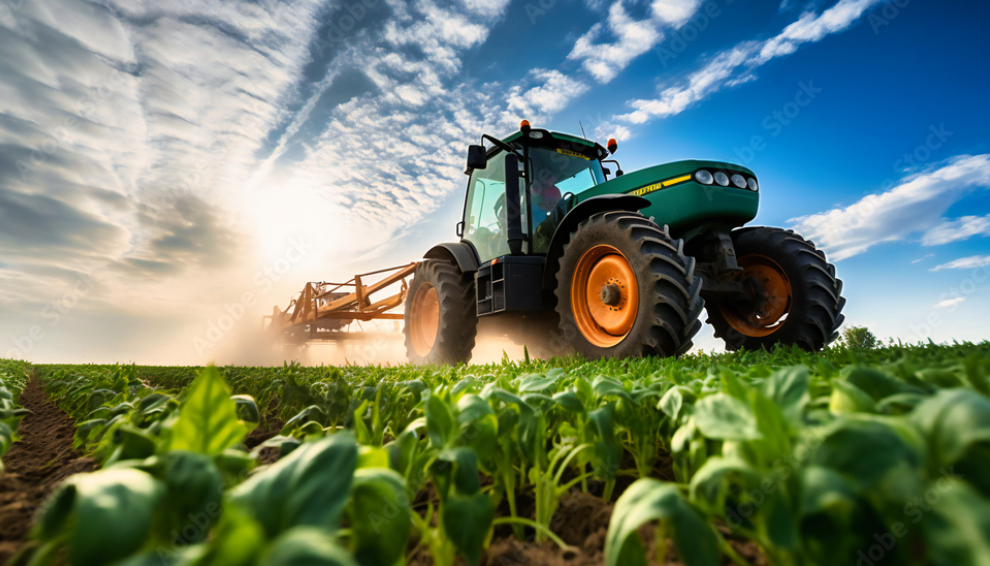
BLOG
Clearing a slight confusion about tractor imports into South Africa

In addition to better seed
cultivars and genetics, South Africa's prosperous agricultural sector has
benefited from mechanisation to improve efficiency. The country imports a range
of agricultural machinery, which we see under various brands.
During the current trade wars,
there has been confusion about how much South Africa levies in tariffs on
agricultural machinery imported into the country, specifically tractors. It is
essential to clarify that South Africa has no duties on imported tractors – check under
Harmonised System (HS) code “8701.9” in the tariff book for greater details.
We can't place import duties on
essential equipment we don't produce. Importantly, we want this equipment to be
affordable so that the farming sector can continue to thrive.
Beyond these import confusions,
South African agricultural machinery sales continue to show signs of recovery
from last year's modest sales. For example, tractor sales increased for the
third consecutive month, up 35% year-on-year in March 2025, with 671 units
sold. The combine harvesters' sales were up 42% year-on-year in March, with 37
units sold.
The substantial increase in
sales primarily reflects the sector's positive sentiment about the 2024-25
first crop and horticulture harvest, based on favourable weather conditions and
the base effects, given the weak sales in 2024.
As we recently stated, the poor
agricultural machinery sales performance in 2024 resulted from various factors.
First, South Africa's agricultural sector had higher machinery sales between
2020 and 2023. Improved farmers' incomes supported higher sales due to an ample
harvest and higher commodity prices. Thus, there was bound to be some
correction, leading to a moderation in sales in 2024.
Second, after a few good
agricultural years, we struggled with a mid-summer drought in the 2023-24
season, weighing on farmers' fortunes and worsening sales performance. Farmers
were under financial pressure because of the crop losses. For example, the 2023-24
mid-summer drought has led to a 23% decline in South Africa's summer grains and
oilseed production to 15,53 million tonnes. Lastly, the relatively higher
interest rates for much of 2024 added to the financial pressures in the sector.
In 2025, interest rates have
eased somewhat from last year's levels. The favourable agricultural production
conditions indicate a rebound in the field crop, horticultural harvest, and
other subsectors. These dynamics will likely continue to support the sales of
tractors and combine harvesters in 2025, especially if we consider that some
farmers may start with machinery replacement.
Email: wandile@agbiz.co.za

0 COMMENTS
LEAVE A COMMENT